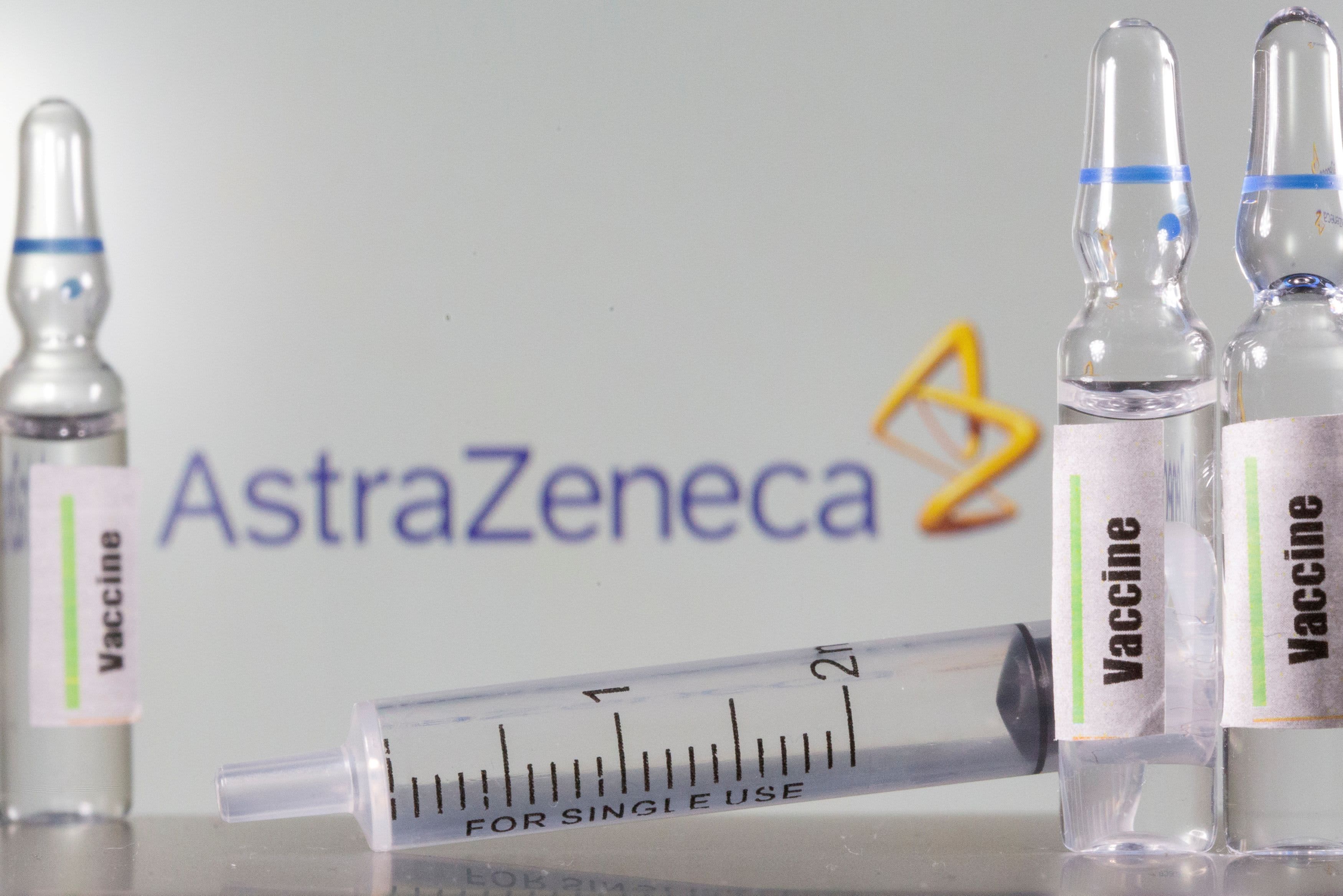
More information will be needed from AstraZeneca‘s coronavirus vaccine trials to identify the drug’s security and efficacy following concerns from experts in the U.S., researchers from the University of Oxford and the World Health Organization stated on Friday.
” There’s constantly an issue in revealing scientific results by press release, which is that you do not have all the data out there and individuals aren’t able to actually look and consider the information appropriately,” Sir John Bell, the Regius teacher of medicine at Oxford University, told CNBC’s ” Closing Bell” on Friday.
Shares of AstraZeneca dipped today after the business revealed interim arise from its coronavirus vaccine trials on Monday. The British pharmaceutical giant stated its vaccine, which it’s establishing along with Oxford, was 70?ficient after it integrated outcomes from 2 different dosing regimes.
One smaller group of individuals, all under the age of 55, received an inadvertently lower dose of the vaccine followed by a full dose, and a bigger group of individuals received two full dosages of the vaccine. The vaccine was discovered to be 90?fective in the group that received the smaller sized dose while the larger group revealed only 62?fectiveness.
Some U.S. experts, including Moncef Slaoui, chief of the White House’s Operation Lightning speed, said they were worried about the varying ages in between the 2 groups. In the middle of those issues, Pascal Soriot, CEO of AstraZeneca, told Bloomberg on Thursday that the business will likely begin a new research study to take a look at the lower dose regime.
” The complete information will be published in the medical journal so people can examine it. Taking bits of information is not a handy way to make an analysis of what’s actually going on,” Bell informed CNBC on Friday.
Other British government ministers and specialists have actually also backed AstraZeneca’s vaccine, noting that drug regulators who have more info on the vaccine’s late-stage scientific trials will ultimately have the last word. Britain asked its medicine regulator on Friday to examine the vaccine for a momentary supply, which means the vaccine might be dispersed in the nation before the end of the year.
That procedure might take longer in the U.S., however, in the middle of recent issues. Bell informed CNBC that he forecasts the U.K. could be “significantly vaccinated” by spring of next year.
Kate O’Brien, director of immunization, vaccines and biologicals at the WHO, concurred with Bell throughout the organization’s press briefing previously on Friday, stating that there’s just a “limited quantity that can be stated in a press release” which more info, including how well the vaccine constructs an immune response, is required.
” It’s hard to weigh in on this,” O’Brien said from the WHO’s Geneva head office. “From what we understand about journalism release, there is definitely something intriguing that has been observed, but there are numerous reasons that could underlie the distinctions that were observed.”
Dr. Soumya Swaminathan, WHO’s primary scientist, concurred and stated AstraZeneca’s trial figures “are still too small to actually pertain to any definitive conclusions.” Less than 3,000 trial participants were in the group that was given the smaller dosage of the business’s vaccine compared to more than 8,000 in the larger group.
” If we are to explore this hypothesis of having maybe a much better efficacy with the lower dosage, then it would require a trial,” Swaminathan stated.
— CNBC’s Matt Clinch and Natasha Turak contributed to this report.
No comments:
Post a Comment